Last Updated on July 30, 2021
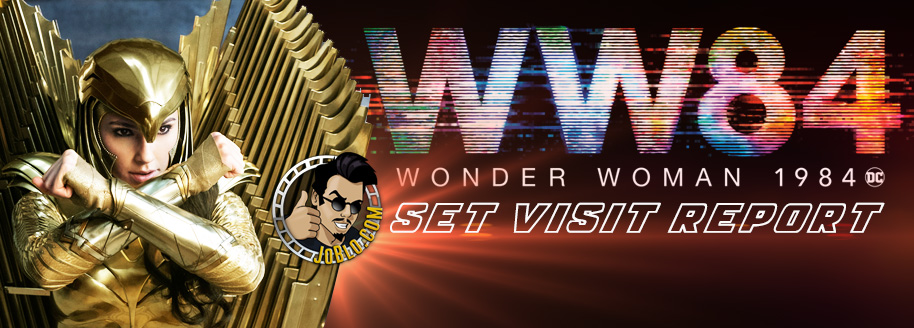
Make sure to check out DC FanDome's WW84 Panel this weekend for a new trailer drop!
Prodcuer Charles Roven has been involved in the DC franchise since BATMAN BEGINS and has remained a staple of building the new universe of films in DC's arsenal, including 2017's WONDER WOMAN and now its sequel, WONDER WOMAN 1984. We sat down with Roven on the set of the film and he shared some insight into the development of the follow-up and how it differentiates itself from being a standard sequel as well as why they chose the 80s time period to set this tale.
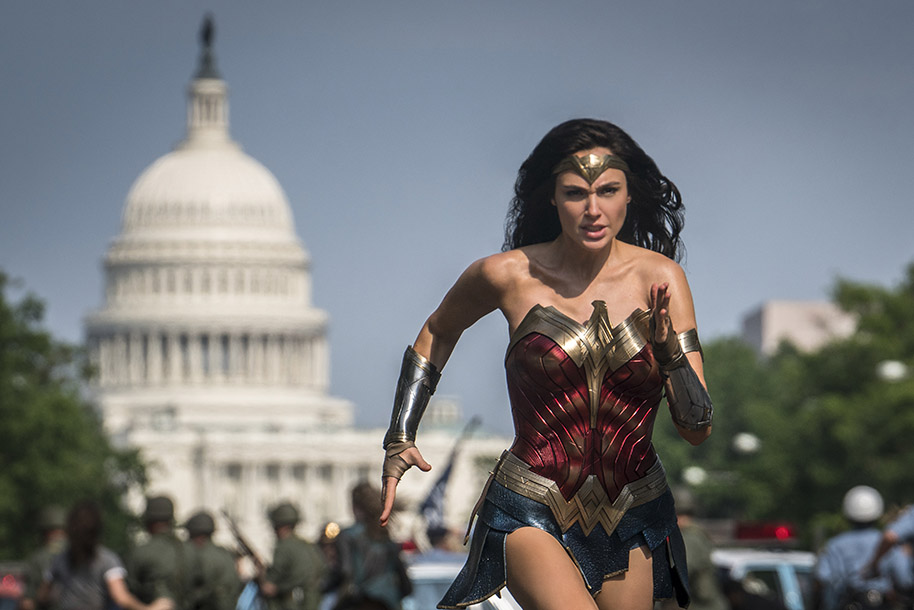
CHARLES ROVEN
CHARLES ROVEN: Welcome. You got the intro from Anna. You’ve seen our war room or some of it, I guess.
QUESTION: In terms of the president of Black Gold can you talk a little bit about what he’s selling that’s causing people like Barbara to get powers?
CHARLES ROVEN: Y’know, Black Gold is synonymous with oil, so he’s a guy who, in particular, is trying to get people who normally think they can’t afford to invest in something that could give them riches, because they don’t have enough money, he’ll take any amount of money. And, so he’s offering an ability for people who, let’s say “don’t have to have”, let’s call it that. And he himself is struggling with the reality of what he’s pitching.
QUESTION: Is there a supernatural element to how he’s able to transform those people?
CHARLES ROVEN: I think you really have to see what the progress of the story is, okay? He’s trying to figure out how to solve his promises that he’s having a very difficult problem living up to. He ultimately thinks, maybe, he’s found a solution.
QUESTION: Can you talk about the choice to do this in 1984, since it’s not your traditional sequel, as we just had Justice League as her most recent appearance and now we’re jumping back in time for the sequel. Can you talk about your decision to do that and jumping around in time?
CHARLES ROVEN: Well, there’s a number of decisions, right? All of the movies that were done, let’s just say, today’s time dealing with the Justice League characters as opposed to the Suicide Squad characters, even though there are Justice League characters in them. Those stemmed from Zack’s [Snyder] progression starting with Man of Steel, Batman V Superman, Justice League and, y’know, we introduced Superman in Man of Steel and we introduced a number of other characters in Batman V Superman, including Wonder Woman. And, Justice League was a continuation of that story, right? Even before Patty [Jenkins] became the director of Wonder Woman we made a conscious decision that if we were going to do an origination story we wanted to find the time period that we felt was most appropriate. So, obviously an origination story on Wonder Woman had to start in Themyscira, which is a time before time or a time when there is no time. But, then we were trying to find a time period that would have the most emotional resonance for that character. And, the reason that we picked WWI was-y’know, Diana was the only superhero in the entire pantheon, I believe (and somebody who has more knowledge about that, please chime in) who knew from the moment that she was born what she wanted her destiny to be. She wanted to be a hero. She wanted to be a champion. She wanted to be somebody who could help those who couldn’t help themselves. And that’s unique-most of them don’t get their powers till later or try to stop from going to their calling or have a tragedy that causes them to go to their calling – Not her. She knew what she wanted from the time that she was little Diana. Because for her watching what was going on between her mother and her aunt was incredibly noble and so to fight in the way that they would fight was a wonderful, noble pursuit. WWI was the first war where you could actually kill people from afar. There was nothing noble about the massive deaths from gas and the bombs and everything you could do. And we wanted her to go WHAM with that culture clash – and go “Oh, my God,” I’m supposed to help mankind, but look what mankind is doing. And, that was the big thematic debate that she was having as a character, with herself, when she ultimately realizes that man is complex and may or may not be worth saving. So, there was no reason for us to be locked into – well, now that we told that origination story – I’m sorry this is so long-winded, but I hope it’s enlightening –
QUESTION: Keep going… (laughs)
CHARLES ROVEN: So, when we were looking to do what the next movie should be about Wonder Woman we didn’t feel that we need to be bound by, “Well, in Justice League she’s come together and been part of this group, so let’s pick up the story from there,” we wanted to, y’know, actually deal with the evolution of her character from the time that we left her. And, we didn’t just want it to just be the next day. We wanted to pick up a character who had lived life here in our world for a period of time and who was a bit seasoned and also had dealt with not just the loss of Steve Trevor, but also the loss of her other friends and companions over a period of time, because she doesn’t age and they do. So, when we meet Diana in 1984 she lives a rather monkish or Spartan life other than the fact that she’s still totally interested in antiquities, that’s fairly obvious, but you’ll find out even more throughout the course of this movie, but also the only joy that she’s really getting is when she has the opportunity to help people. She’s still doing it in a secretive way and you find out how she continues to-there may be rumors that there’s “amazing woman” out there, but nobody really knows how to grab that. We don’t have CCTV yet back in the 80s and phones that take pictures and things like that, so she has an easier job than somebody would have today. But, basically we wanted a character who still had desires that she couldn’t fulfill. And, a sadness to her, but still had this wonderful energy when she was doing the thing that she felt she was brought here to do. So, that’s why.
QUESTION: What would you say her central drive and challenge is in 1984?
CHARLES ROVEN: Dealing with the truth of her emotional desires vs. what’s right?
QUESTION: Can you talk about why 1984 specifically, like this year specifically has connotations in literature and culture and seem to be pretty relevant today. So putting it in the title seems pretty deliberate:
CHARLES ROVEN: It was. And, I think that we love the idea that there was that relevance to today, but still it was its own time and it’s an unforgettable time when you think about all of the wonderful things that were invented in the 80s, the fashion, the music, and it was also a time where people thought that they could have everything that they wanted so therefore a character like Max [Maxwell Lord played by Pedro Pascal], um is, y’know –
REP: Nobody heard that (laughs)
CHARLES ROVEN: It’d be a good time-he’s not a unique character in that period and yet he’s a character that resonates with us today.
QUESTION: There are two bit outstanding Wonder Woman questions in the larger DC lore, the first is what caused Diana to walk away from humanity in the events before Batman V Superman pick up and the other is, is she able to return to Themyscira – Can she return and what caused her to walk away from humanity?
CHARLES ROVEN: Well, y’know, in Batman V Superman where she talks about walking away from humanity, that’s kind of answered in Justice League in the sense that the definition of her walking away from humanity was that she simply wasn’t going to allow herself to be somebody who was a symbol because she was doing things in the shadows. And, at the end of Justice League she comes out of the shadows. So, when we pick her up in 1984, she’s still in the shadows. That’s the point. So, you’ve got to see how the movie ends to see how she deals with that. What was the second question?
QUESTION: Whether she can return to Themyscira?
CHARLES ROVEN: Y’know, she has wonderful memories of Themyscira, but that’s still challenging for her.
QUESTION: Can you talk about the decision to bring Cheetah into the story?
CHARLES ROVEN: Well, Cheetah is one of the greatest villains of the canon of Wonder Woman and probably one of the greatest villains in the superhero canon-of all the superheroes. And, so we thought that she would be-both Barbara and Cheetah-who are really the same person-we thought that they would be an appropriate villain, not only because of the legacy value, but also again, because of what she is at the beginning of the movie and what she aspires to become. And, so, many of the characters in this film have desires that they’re trying to fulfill.
QUESTION: Can you tell us why Steve Trevor is back and why he’s back after he had a really important death in the first movie?
CHARLES ROVEN: Well, I think if you connect the dots with what I just said, you’re gonna figure that out. (LAUGHTER)
REP: When you talk to Patty later today, she will talk to you about the fact that when they were making the first Wonder Woman, they were discussing among themselves, Chris and Gal and her, this idea. So, it wasn’t something that came as a result of the fact that everyone absolutely fell in love with him, though they did.
CHARLES ROVEN: Though that helped.
REP: It certainly helped, but that was – it was interesting to know, because of course, I was on the sidelines listening to them talking about what they could do next to make blah, blah, blah- it went a lot of directions, but the 80s were always being discussed.
WONDER WOMAN 1984 is set to open on October 2, 2020.
For More details and interviews from our set visit, Click Below!
50 THINGS WE LEARNED FROM THE SET OF WONDER WOMAN 1984
INTERVIEW WITH GAL GADOT, CHRIS PINE AND DIRECTOR PATTY JENKINS ON THE SET OF WONDER WOMAN 1984
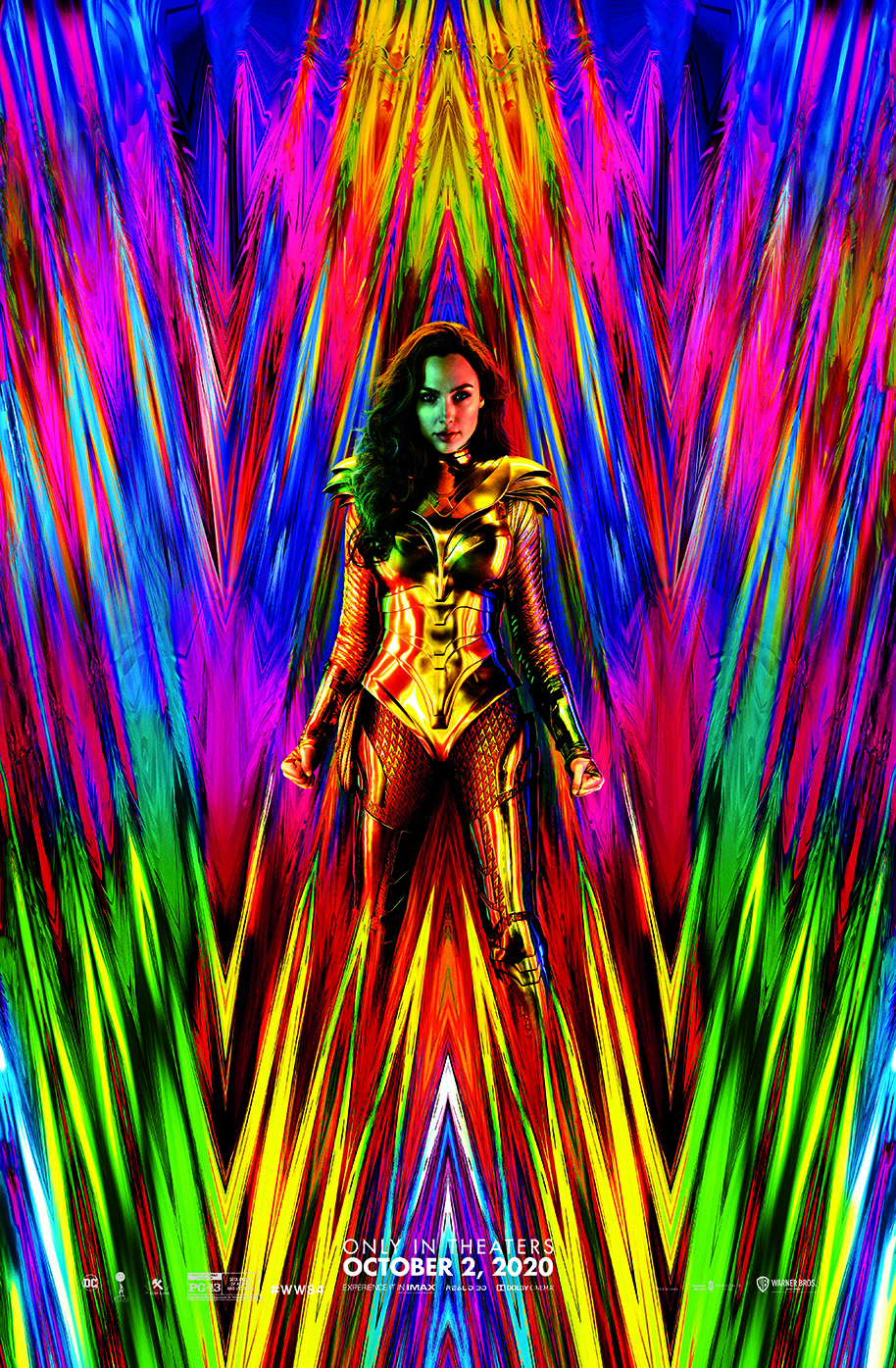






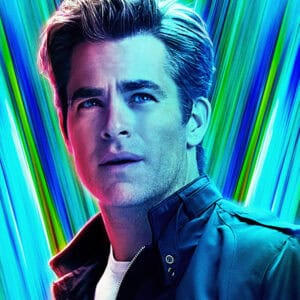
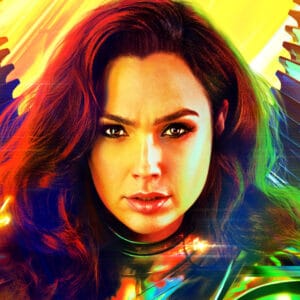
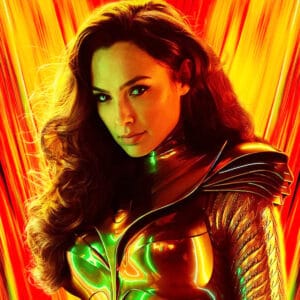
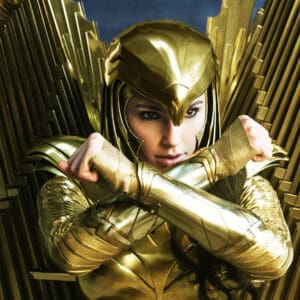

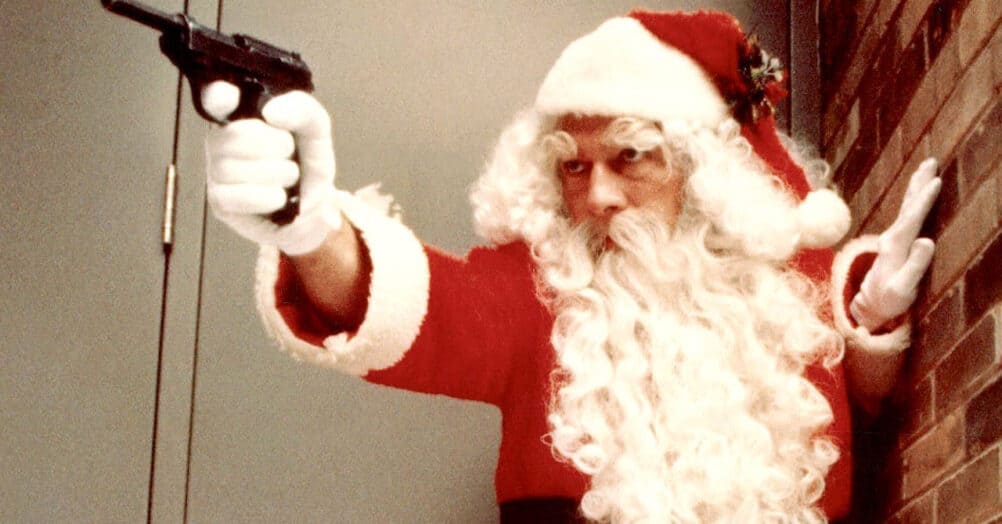

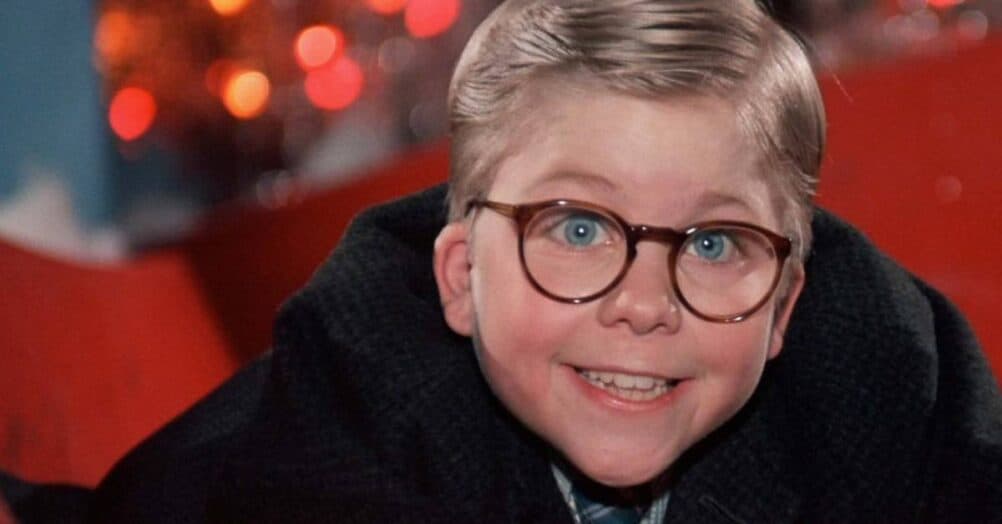






Follow the JOBLO MOVIE NETWORK
Follow us on YOUTUBE
Follow ARROW IN THE HEAD
Follow AITH on YOUTUBE